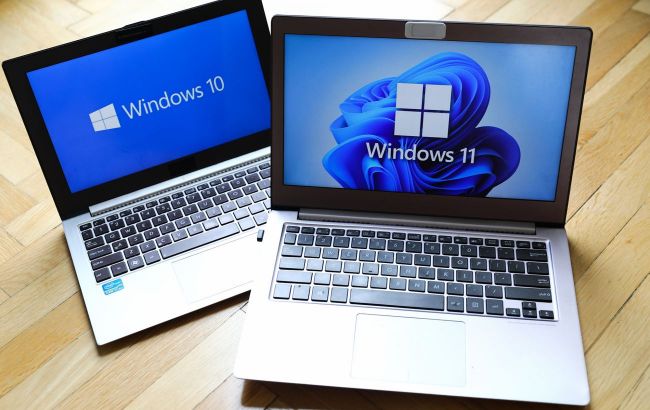Microsoft to block installation of Windows 11 on older PCs
 Windows 11 will no longer be available for older computers (Illustrative photo: Getty Images)
Windows 11 will no longer be available for older computers (Illustrative photo: Getty Images)
Microsoft has dashed any hopes for lowering hardware requirements for Windows 11. As the end of support for Windows 10 approaches in October 2025, the software giant confirmed that the Trusted Platform Module (TPM) 2.0 requirement for Windows 11 is non-negotiable, reports the US tech website The Verge.
Details of Microsoft restrictions
In a blog post titled TPM 2.0: A Necessity for a Secure and Future-Ready Windows 11, Microsoft made it clear that it has no plans to relax the strict hardware requirements for Windows 11, emphasizing the need to encourage users to upgrade from Windows 10.
The TPM requirement was a surprising addition when Windows 11 was announced in 2021. Today, nearly every modern PC comes equipped with TPM 2.0, either as a hardware chip or firmware capability. TPM helps encrypt and decrypt data, authenticate digital signatures, and assist with various cryptographic operations.
“TPM 2.0 plays a crucial role in enhancing identity and data protection on Windows devices, as well as maintaining the integrity of your system,” says Steven Hosking, a senior product manager at Microsoft. “TPM 2.0 also helps future-proof Windows 11. One way it does so is by helping to protect sensitive information as more AI capabilities come to physical, cloud, and server architecture.”
Microsoft outlines how TPM integrates with new security features in Windows 11, such as Credential Guard and Windows Hello for Business, as well as disk encryption via BitLocker. TPM 2.0 also supports Secure Boot, a key technology that protects the boot process from unauthorized modifications.
Hosking emphasizes that Microsoft implemented TPM 2.0 as a non-negotiable standard for the future of Windows, making it impossible to roll back these hardware requirements.
Additionally, Microsoft mandates that Windows 11 devices support virtualization-based security (VBS) and hypervisor-protected code integrity (HVCI), limiting support to processors released from 2018 onward.
Despite these requirements, workarounds have existed for years, allowing Windows 11 to be installed on unsupported hardware. Initially, Microsoft did not enforce hardware compliance checks for virtualized versions of Windows 11. However, in recent years, the company has gradually tightened restrictions, particularly with the 24H2 update.
The enhanced compatibility checks in 24H2 prompted tools like Flyby11 to leverage a Windows Server boot option to bypass hardware compatibility verifications during installation.
Companies can also opt for the official Windows 11 LTSC 2024 edition from Microsoft, which makes TPM an optional requirement but still necessitates compatible processors.
Microsoft is now urging Windows 10 users to purchase new PCs through full-screen prompts. These prompts follow earlier warnings issued this year about Windows 10's end-of-support date.
We also reported that Windows 11 has surpassed Windows 10 in popularity among certain groups of users.

